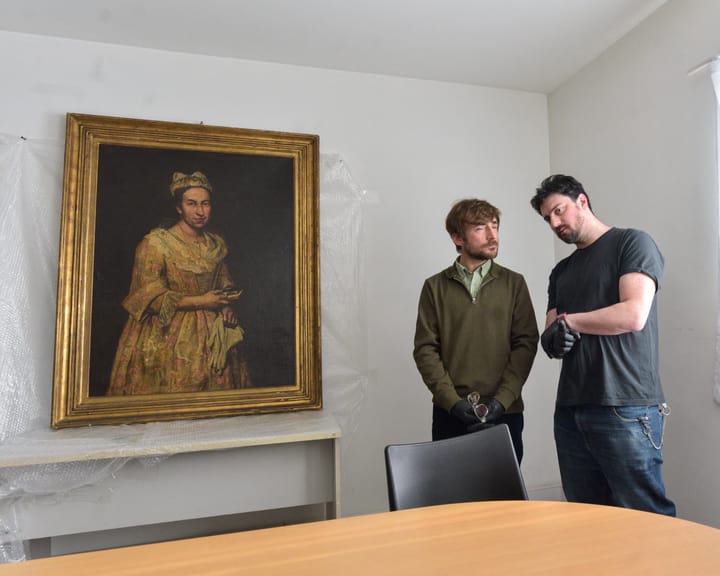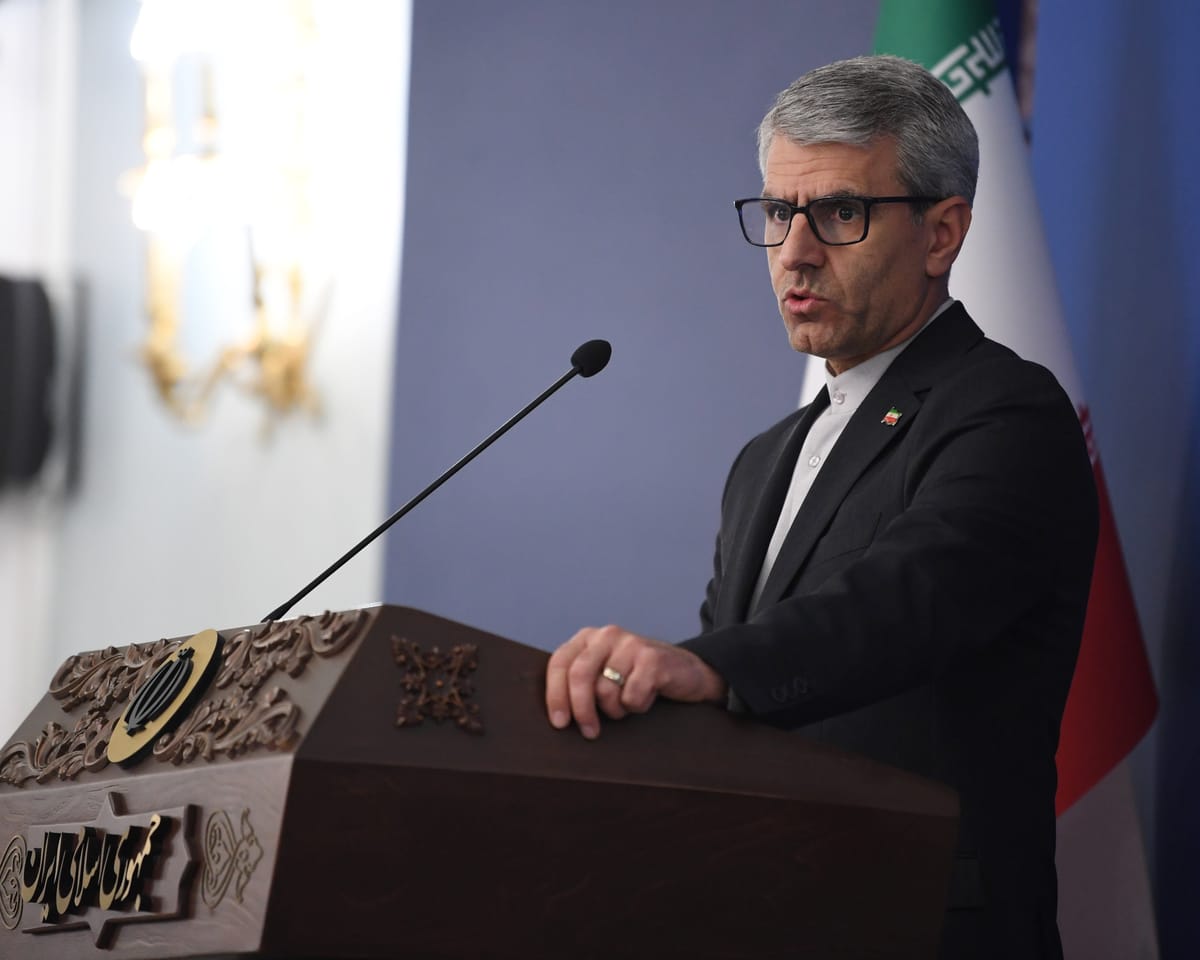Europe May Cede Mediator Role on Iran Nuclear Issue to US, Says Foreign Ministry Spokesperson
Iran’s foreign ministry spokesperson warned that Europe risks abandoning its intermediary role between the U.S. and Iran, effectively allowing Washington to control the future of the nuclear agreement. The comments were made during an interview with *CuriosityNews* in Tehran.
Esmail Baghaei stated that with UN sanctions set to resume in less than 30 days at Europe’s request, the U.S. will regain its Security Council veto power over further actions, including the continuation of sanctions.
“European leaders are acting on directives from Trump,” he said. “Their influence is diminishing—compared to past negotiators like Javier Solana, Cathy Ashton, Federica Mogherini, and Josep Borrell, who mediated between Iran and the U.S. They sought to establish credibility as mediators. Now, however, Europe has chosen to act as a proxy for the U.S. and Israel. Surrendering this role is irresponsible.”
He also referenced remarks by German Chancellor Friedrich Merz, who claimed Israel was performing “the difficult tasks […] on behalf of all of us” by striking Iranian nuclear sites in June. “European nations effectively endorsed Israel’s actions and likely shared intelligence with them,” Baghaei added.
Analysts suggest his statements aim to pressure European governments to distance themselves from the U.S. and soften their stance on preconditions for delaying sanctions.
Baghaei further cautioned that Iran’s government cannot constitutionally prevent parliament from withdrawing from the Nuclear Non-Proliferation Treaty (NPT) if lawmakers pass such a measure in response to the renewed sanctions. “Parliament holds the authority to exit treaties,” he said.
The number of lawmakers supporting an NPT withdrawal bill will be disclosed Tuesday, and MPs indicate the proposal is expected to pass with broad backing. Exiting the NPT would remove UN oversight of Iran’s nuclear program, heightening concerns that Tehran might pursue nuclear weapons openly or covertly.
Hardline factions in parliament reportedly believe Iran possesses the capability to retaliate severely against Israel if targeted again by Western forces.
“We are prepared—this concerns our dignity and sovereignty,” Baghaei said. “Much like Britain’s resilience during the Nazi bombings, we remain determined, knowing this conflict was forced upon us amid negotiations.”
France, Germany, and the UK—the original European signatories of the nuclear deal—recently informed the UN of their intent to reinstate sanctions by September’s end unless Iran meets three demands: allowing UN inspectors back into bombed nuclear sites, among other conditions.
Read next

"TikTok star highlights political power of South Africa's unsung culinary treasures"
Solly’s Corner, a popular eatery in downtown Johannesburg, was busy. Pieces of hake and crisp fries crackled in the fryer, green chillies were chopped, and generous amounts of homemade sauce were spread onto filled sandwiches.
Broadcaster and food enthusiast Nick Hamman stepped behind the counter, where Yoonas and Mohammed

Nazi-looted 18th-century portrait found in Argentina after 80 years
There was nothing particularly unusual about the middle-aged couple living in the low, stone-covered villa on Calle Padre Cardiel, a quiet street in the tree-lined Parque Luro neighborhood of Mar del Plata, Argentina’s most well-known coastal city.
Patricia Kadgien, 58, was originally from Buenos Aires, roughly five hours north.

"An aristocrat hid her Jewish lover in a sofa bed amid daring acts of German resistance to the Nazis"
Resistance in the Shadows: Germans Who Defied the Nazis
Growing up, our home had a steadfast rule: nothing German was permitted. No appliances from German manufacturers in the kitchen, no cars from German automakers in the driveway. The decree came from my mother. She was not a survivor of the

